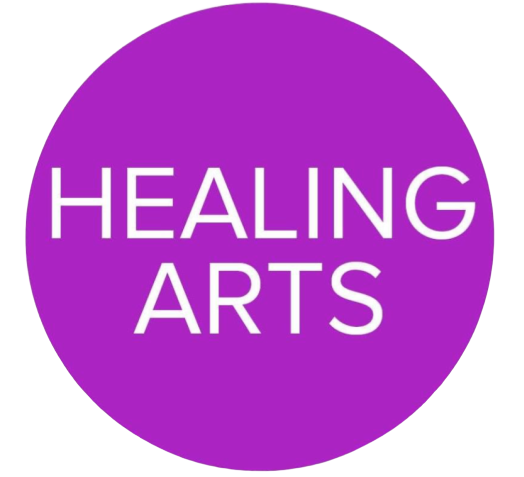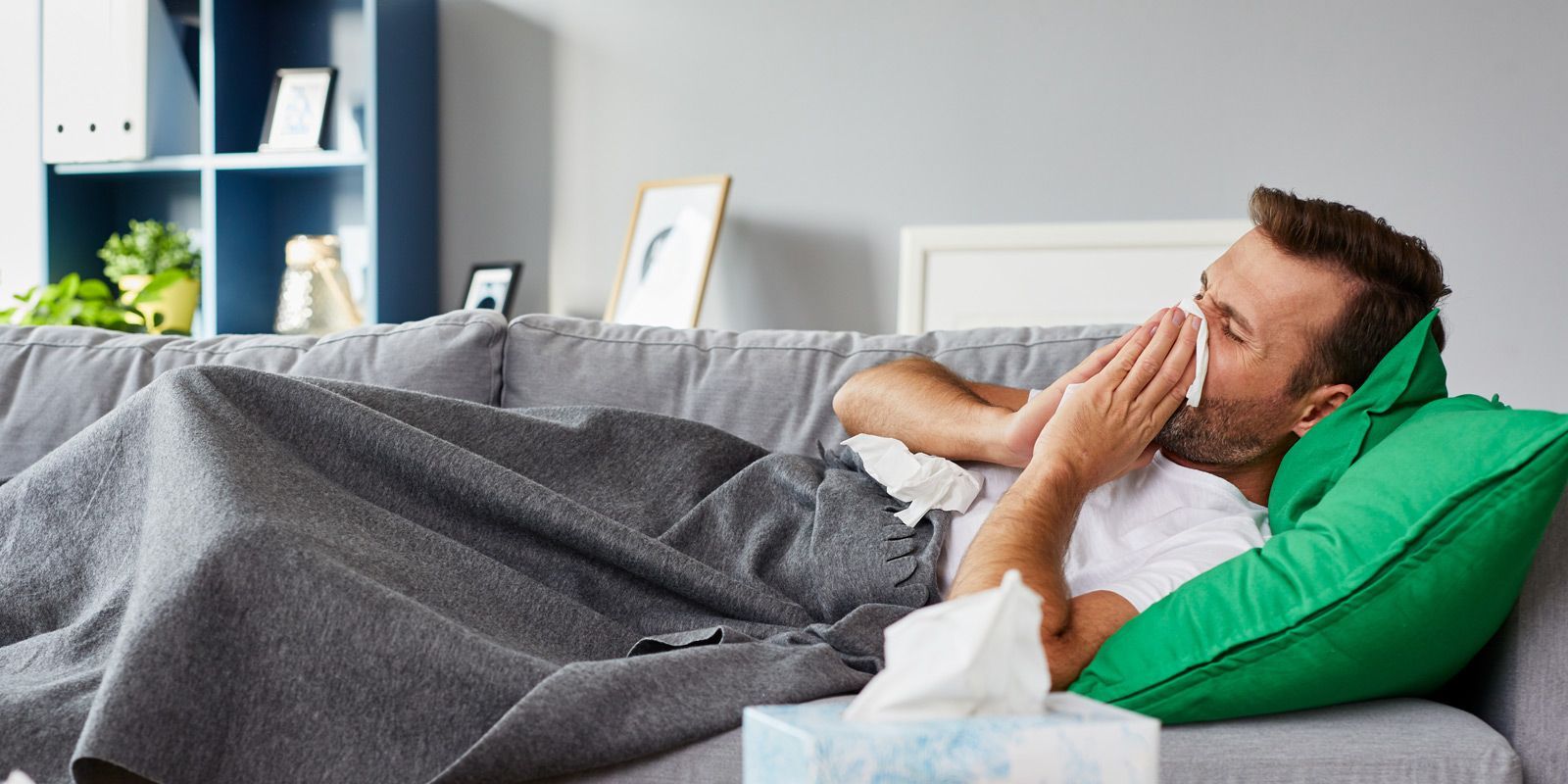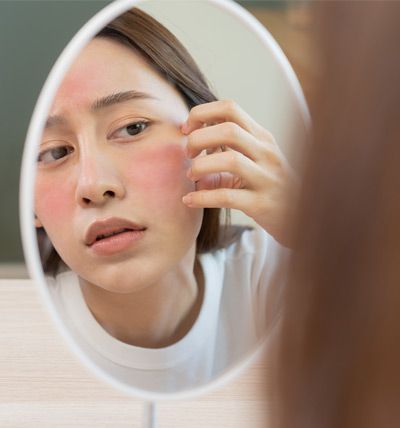Build A Stronger Immune System with Natural Remedies at the Healing Arts NYC Health and Wellness Center in Manhattan NY 10017 and Connecticut
Autoimmune diseases refer to problems with the immune system, which usually fights off viruses, bacteria, and infections. The problem causes your immune cells to attack your body by mistake. These diseases can affect almost any part of the body. The immune system present in humans is of two types, and they can be classified based on the resistance and the power to fight against harmful invading agents. They are:
- The innate immune system comprises the cells and proteins in the body and is always ready to fight against any foreign invader.
- Adaptive immune system is required to fight against pathogens that control the innate immune system.
Your immune system is a network of biological processes that protects you from diseases. It detects and responds to a wide variety of pathogens, from viruses to parasitic worms, as well as cancer cells and objects such as wood splinters, distinguishing them from the body's own healthy tissue. The main parts of the immune system are:
- White blood cells serve as an army against harmful bacteria and viruses. They search for, attack, and destroy germs.
- Lymph nodes filter and destroy germs so they can't spread to other parts of your body and make you sick.
- The spleen helps control the blood in your body and cleans out old or damaged blood cells.
Symptoms of Autoimmune Diseases
The symptoms of autoimmune diseases depend on the affected part of your body. Many types of autoimmune diseases cause redness, swelling, heat, and pain, which are the signs and symptoms of inflammation. But other illnesses can cause the same symptoms.
Autoimmune diseases can affect many types of tissues and nearly any organ in your body. They may cause various symptoms, including pain, fatigue, rashes, nausea, headaches, dizziness, and more.
There are over 100 known autoimmune diseases. Some of the most common ones include:
- Rheumatoid arthritis
- Lupus
- Multiple sclerosis
- Type 1 diabetes
- Inflammatory bowel disease
- Psoriasis
- Sjögren's syndrome
- Graves' disease
The treatment for autoimmune diseases generally focuses on reducing immune system activity. Therefore, your natural remedy options usually involve reducing inflammation and other symptoms.
What Causes Autoimmune Disease?
The exact cause of autoimmune diseases is unknown. One theory is that some microorganisms (such as bacteria or viruses) or drugs may trigger changes that confuse the immune system. This may happen more often in people with genes that make them more prone to autoimmune disorders. Some autoimmune diseases may be triggered by the following:
- Infections
- Exposure to chemicals or solvents
- Sunlight
- Certain medications
In most cases, your disease may have been caused by genes, making you more likely to have the disease.
Immune Challenges - What You Should Know About Immune Stressors:
90% of Americans will have a parasite or parasites at some point in their lives. Many viruses stay in your body long beyond the period of being sick and “getting better”, wreaking havoc and causing seemingly inexplicable and undetectable (by labs) symptoms and irregular health consequences. We test for:
- Bacteria
- Fungus
- Mold
- Parasites
- Viruses
- Candida
What Are Immunoglobulins?
Immunoglobulins are proteins that are produced by white blood cells called plasma cells. They are a key part of the immune system and help fight infections and diseases. For example, autoimmune diseases occur when the immune system mistakenly attacks healthy cells in the body. Immunoglobulins can treat autoimmune disorders by blocking the immune system's attack on healthy cells. Immunoglobulins are also known as antibodies. The five primary classes of immunoglobulins are:
- IgG is the most common type of antibody in your blood and other body fluids. These antibodies protect you against infection by "remembering" which germs you've been exposed to. They also help protect a developing fetus by crossing the placenta from the mother's blood to the fetus's.
- IgM is one of several antibody isotypes produced. IgM is the most significant antibody, the first antibody to appear in response to initial exposure to an antigen.
- IgA is a type of antibody made by white blood cells1. It is found in mucous membranes, especially in the respiratory and digestive tracts. It is also found in saliva, tears, and breast milk. IgA protects the body from infections and toxins while building immune tolerance. IgA has many important functions, such as being the first line of defense against harmful microbes, removing microbes that have breached the epithelial barrier (such as the intestinal barrier), neutralizing toxins and viruses, and shaping the composition of the gut microbiota. It also balances inflammatory products from microbes.
- IgD is an antibody isotype that makes up about 1% of proteins in the plasma membranes of immature B-lymphocytes, where it is usually co-expressed with another cell surface antibody called IgM. IgD functions as a B cell antigen receptor and may participate in B cell maturation, maintenance, activation, and silencing. In addition, although the exact function is unclear, IgD may be involved in humoral immune responses by regulating B cell selection and homeostasis.
- IgE is an antibody primarily involved in allergic reactions but also fights parasite infections. IgE is thought to be an important part of the immune response against infection by certain parasitic worms, including Schistosoma Mansoni, Trichinella spiralis, and Fasciola Hepatica.
Each class of immunoglobulin has a different role in the immune system. For example, IgG is the most common type of antibody in your blood and other body fluids. These antibodies protect you against infection by "remembering" which germs you've been exposed to.
Creating A Stronger Immune System
Of course, having a healthy diet supports your immune system, but adding key nutritional supplements will strengthen your immune system. For example, I love using Standard Process's Immuplex and Antronex for viral infections, which can also be used preventatively.
Spinal adjustments have been shown to boost immune function because they serve to correct the spinal misalignments that cause neural dysfunction. Even one adjustment can bring about an immediate immune boost.

Contact Dr. Alicia Armitstead of Healing Arts NYC To Evaluate and Strengthen Your Immune System Naturally
The treatment for autoimmune diseases depends on the specific condition and symptoms. Holistic treatment aims to reduce symptoms and inflammation and suppress the immune system so that it stops attacking healthy cells.
Immunoglobulin replacement therapy can treat some autoimmune diseases by blocking the immune system's attack on healthy cells. Still, I recommend you first see me about naturally boosting your immune system's strength.
Please contact us today!
Additional References
- Autoimmune Diseases - National Institute of Environmental Health Sciences
- Autoimmune Diseases: What Are They? Who Gets Them? - WebMD



